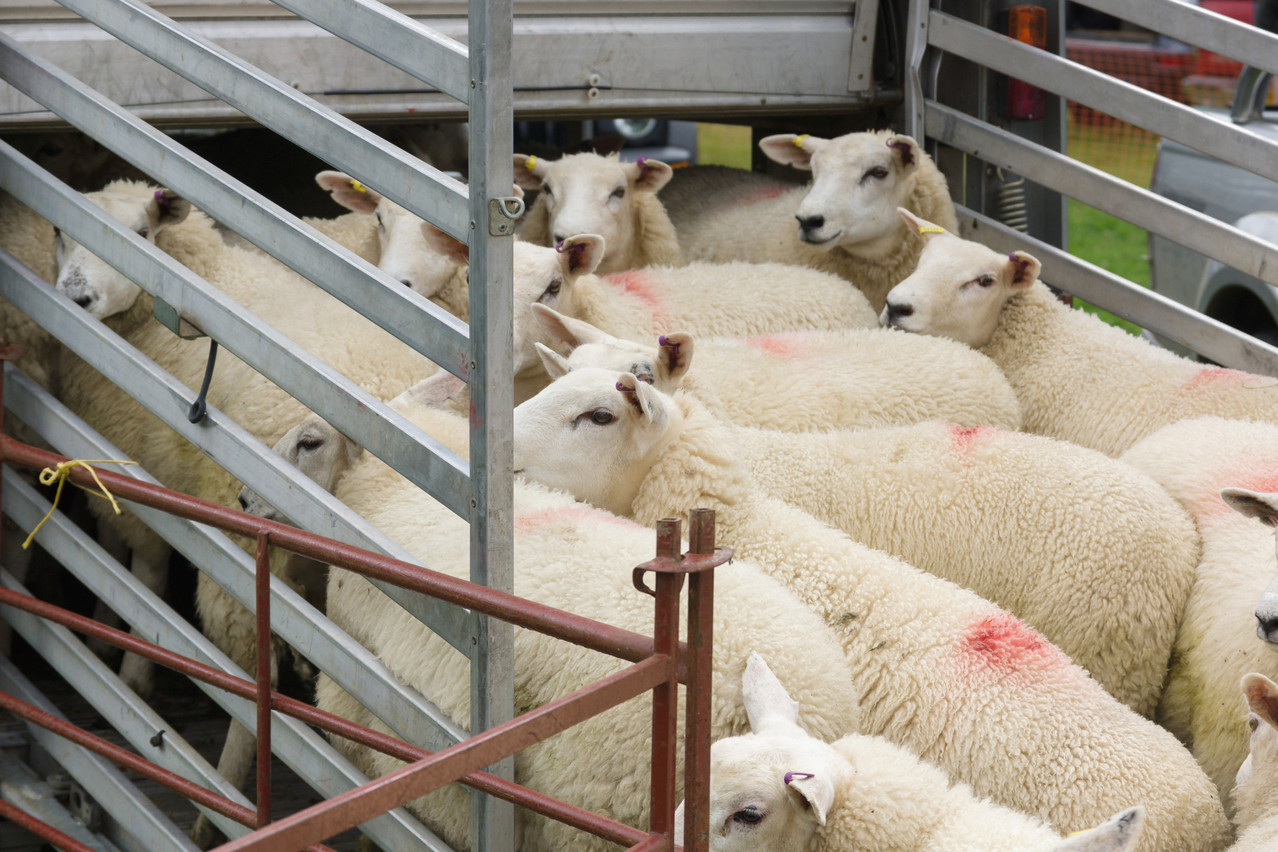“The high quality sustainable agriculture we are aiming for must aspire to the highest standards of animal protection,” Haagen said. This decision follows a move by the EU to regulate the transport of live animals more strictly. --the ANIT committee--in 2021 had, at the request of the European parliament, investigated the treatment and living conditions of animals during transport. After observing the inhumane conditions in which animals were transported for long periods of time, the committee had asked for stricter checks during transport and shorter travelling times.
“Luxembourg will commit itself to the improvement on the EU level” on this matter, Haagen said during a press conference on 22 February. He added that, thanks to previous legislation (A127) introduced in 2007, Luxembourg livestock businesses won’t be greatly impacted. In general, national livestock transport was usually done within a radius of one hour, while exports to other EU countries usually stayed below eight hours of travel.
The ban will only affect animals on their way to slaughter, but not breeding stock. Haagen justified this decision by stating that the UK--which is no longer a member of the EU--had strong connections to the grand duchy in regard to trading breeding stock. Breeding stock was also transported in better conditions, according to Haagen.
The agriculture minister also called into question the need to export live slaughter animals to countries outside of the EU. Between 2017 and 2021, around 270 live slaughter animals were exported to Lebanon, with the authorisation of the grand duchy’s veterinary inspection. This may not represent a large quantity, but that the government wants to “be armed for the future, if more requests came in.” The government also had no possibility to verify whether EU guidelines and standards were respected once the livestock left the European union.
Producers and transport businesses in this sector have been notified of this decision and have spoken out in favour of the motion, said Haagen. Aside from committing to animal health, welfare and rights, the country wants to be an example for other EU countries ahead of 2023, when the legislation on the treatment of livestock will be reevaluated.
